Poet Vo Van Luyen, member of the Vietnam Writers Association, member of the Quang Tri Province Literature and Arts Association, has just released another brainchild, “From Crossing the River”*, with nearly 120 poems, most of which were composed recently, containing concerns, contemplations, reflections and perhaps even miracles, expanding the dimensions of artistic thinking. The work is a continuation of previous poetry collections such as “Secret Words of the Sea” and “10 Fingers of Autumn”.
Poet Vo Van Luyen is a person who is diligent in researching and experimenting but is not extreme in his writing and has perhaps formed a fairly consistent concept: both traditional and trying to innovate his poetry, creating new milestones on the author's own poetic journey.
The same goes for this collection of poems. Readers can find many poems that are fluent in traditional poetics such as: Whispering to the Ancient Citadel, Love flows to the flooded area, Missing my father, Confessions under the spring afternoon shadow, Dreaming of a cold river at night, Let the day pass quickly...
Poetry collection "From the time of crossing the river" - Cover art: Thanh Song
For example, in the poem Whispering to the Ancient City, the author begins: “the city rings its red bell/carrying a green request/the ruins know how to go down the pages of history/without needing anyone to be its witness”. The gentle verse is like a heartfelt confession about a spiritual address that is always filled with incense smoke in the hearts of the community, and has become the memory of this entire nation even though more than half a century has passed.
Writing about war, loss, sacrifice, but overflowing with a desire for peace , a message that the poet entrusted: "thousands of reeds cut the bleeding horizon/the day has not stopped dreaming of going back/The Ancient Citadel is the smile of tomorrow/the brokenness cannot kill the oath". "thousands of reeds cut the bleeding horizon" is a poetic line with searching, struggling, symbolic meaning like a pain that always reminds even when the heart is not against the wind and the weather. "then why are we so shy when we love each other/burning kisses under the stars/I thought the Ancient Citadel was a thousand degrees hot/a hundred thanks to you, a thousand thanks to him".
As people say, when the war is over, only love, compassion, and humanity remain that are noble and eternal.
The poem ends with a whisper of prayer vibrating from the left chest. But the collection of poems has innovations right from the seemingly simple form. First of all, the collection of poems does not have a poem that matches the title of the entire collection.
This is also the author’s intention to erase the familiar orientation of having a “key” poem to name the entire collection of poems. It is necessary to democratize all works in the collection, so that readers are not influenced by the author’s subjective perspective, so that the movements of the poem’s molecules are free.
Then there's the matter of not capitalizing the first line or the last punctuation mark. Each verse is not just one line but can be many lines to create new meanings, breaking the inherent limits of poetry in both content and art. There are also places where proper nouns become common nouns or adjectives...
All of them are aimed at the effort of poetic innovation of new formalism and postmodernism. We can list poems in this direction such as: Choice, Chairs on the wall, By the bridge of life and death, The night still frowns...
The poem Selection with the title “Dedicated to a postmodern poet” is such an experience: “a cluster of frangipani falls down to the night/with a pungent scent/the horse wind releases a dream of escape/the mountain changes, the hand of leaves waves/metaphysical paradox”.
In the first two lines, the association in the poem is still on the surface, but in the next two lines, the semantic "cohesion" has gradually faded, becoming only a symbol like a firefly flickering in the night. The last line of the poem is a brief summary carrying a challenge to language. "The parables no longer reside under the grass/patient and lonely/where to hide the demand for light of fire/feeling the darkness is thick".
The poem is like a lonely ego in the dark, paradoxical: it both wants to expose and hide in a dual state of mind, obscure and mysterious like the sphinx riddle. “wrestling with dizzying signals/laying out the world like a word-catching game/like a choice of existence/waiting until tomorrow”.
The ending is like an experience of contemporary philosophy of life, of today's mind and state of mind, at least of the author himself. Concise, condensed and of course not easy to understand once the writer wants to explore and break the mold.
It requires a different way of feeling, a different way of understanding, and even co-creation as critics today often say. It is easy to associate it with Nguyen Gia Thieu's verse: "The spinning wheel is already turned up to the sky/The human figure is blurry like a person walking at night". Each poem has its own reader.
The poem The Chairs on the Wall is similar. Please note that the chairs on the wall, not the chairs in the room, are not concrete reality but virtual images, reflecting the poet's new perspective and imagination.
Therefore, after discussing the virtual chairs in life, the poet had a conclusion as strange as the poem itself: "Oh wonderful chairs/they see the wise essence/they free the fate at the bottom/they thank the boundless creativity/they leave me standing still".
That's right, the virtual chairs are also very real even though they change unpredictably, bringing many surprises, only humans, specifically the author here, remain still and thus fall out of the game because they cannot keep up with the chairs or because they want to fix a concept, a perspective... Many explanations, the poem ends but reveals many other stories.
When poetry crosses the river, it is like a starling crossing the river, it is like a pawn crossing the river, transforming into something incredibly powerful. Again, remember the most profound classic of all, the I Ching. The next to last hexagram is the Ji Ji hexagram, which means the work is done (like crossing the river), but the last hexagram is the Wei Ji hexagram, which means the work is not done (not yet crossed the river).
It seems paradoxical but very reasonable, emotional and full of wisdom. The journey of poetry, including the poetry of poet Vo Van Luyen, is probably the same. Congratulations to the poet for having a new work, new creations and leaving an important impression in the journey with the Muse, first of all with Quang Tri poetry.
Pham Xuan Dung
* “From Crossing the River” - a collection of poems by poet Vo Van Luyen, Vietnam Writers Association Publishing House, 2024.
Source: https://baoquangtri.vn/khi-tho-da-sang-song-189097.htm


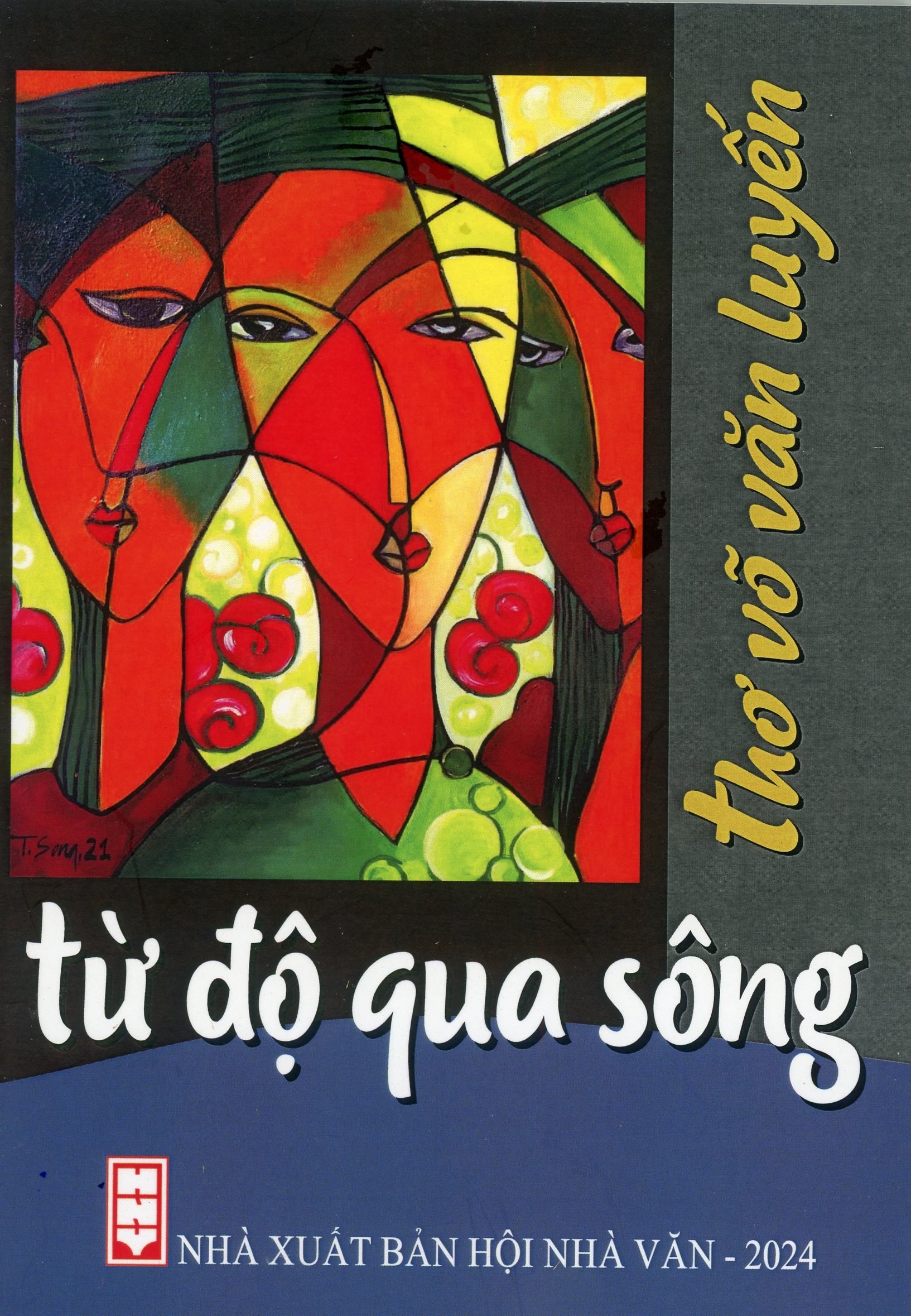


![[Photo] Prime Ministers of Vietnam and Thailand visit the Exhibition of traditional handicraft products](https://vphoto.vietnam.vn/thumb/1200x675/vietnam/resource/IMAGE/2025/5/15/6cfcd1c23b3e4a238b7fcf93c91a65dd)
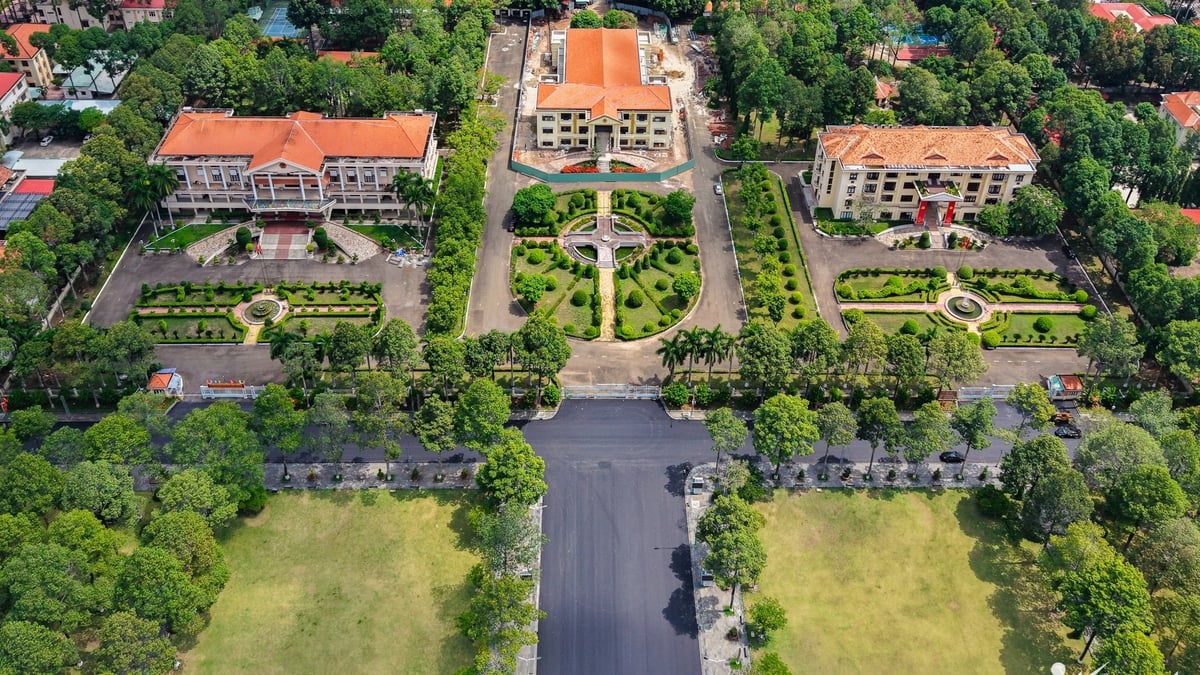

![[Photo] National Assembly Chairman Tran Thanh Man meets with Thai Prime Minister Paetongtarn Shinawatra](https://vphoto.vietnam.vn/thumb/1200x675/vietnam/resource/IMAGE/2025/5/15/e71160b1572a457395f2816d84a18b45)





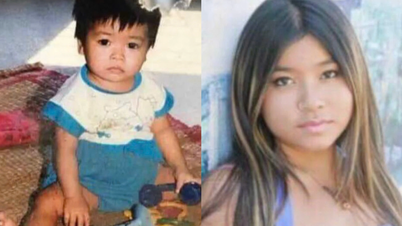



































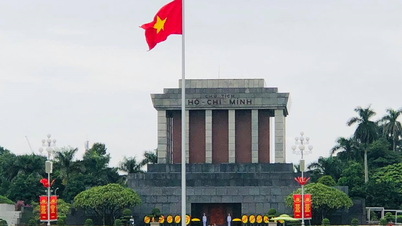



















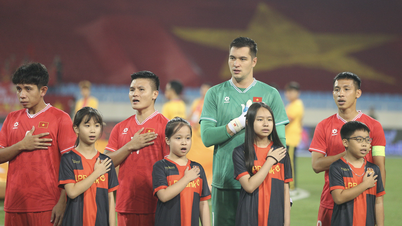











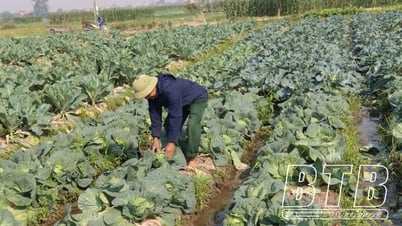


















Comment (0)